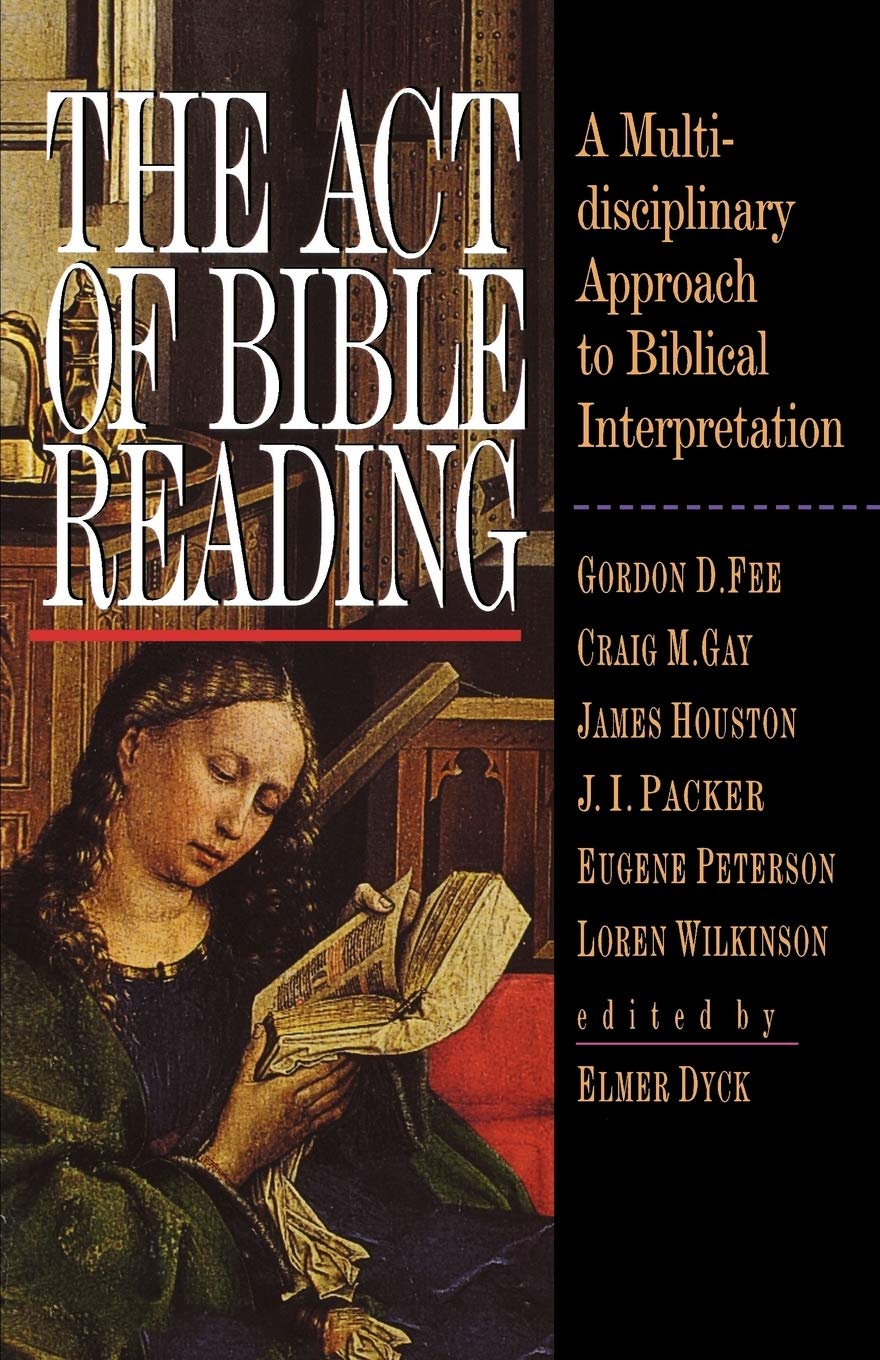
Many approaches for interpreting the Bible have been put forth in recent years. All have their strengths - and their weaknesses. Various members of the Regent College faculty join forces here to articulate a multidisciplinary approach that will enrich our reading of the Bible. Following an introductory caveat lector from Eugene Peterson, Gordon Fee and Elmer Dyck discuss history and canon, respectively, as contexts for interpretation, highlighting the importance of historical-grammatical interpretation within a canonical setting for understanding biblical texts. J. I. Packer explores the importance of theology, both as it informs and as it safeguards Bible reading. Craig M. Gay proffers key insights from sociology, especially the sociology of knowledge, as it cautions us to ask not only what the text says, but who says it says that and why should we believe what they are telling us it says. Facing the challenges of modern secular hermeneutics from Heidegger and Nietzsche to Derrida and Foucault, Loren Wilkinson counters the postmodern reaction against truth. James Houston closes out the discussion, emphasizing that the aim of Bible reading must be godliness and not mere scholarship.



